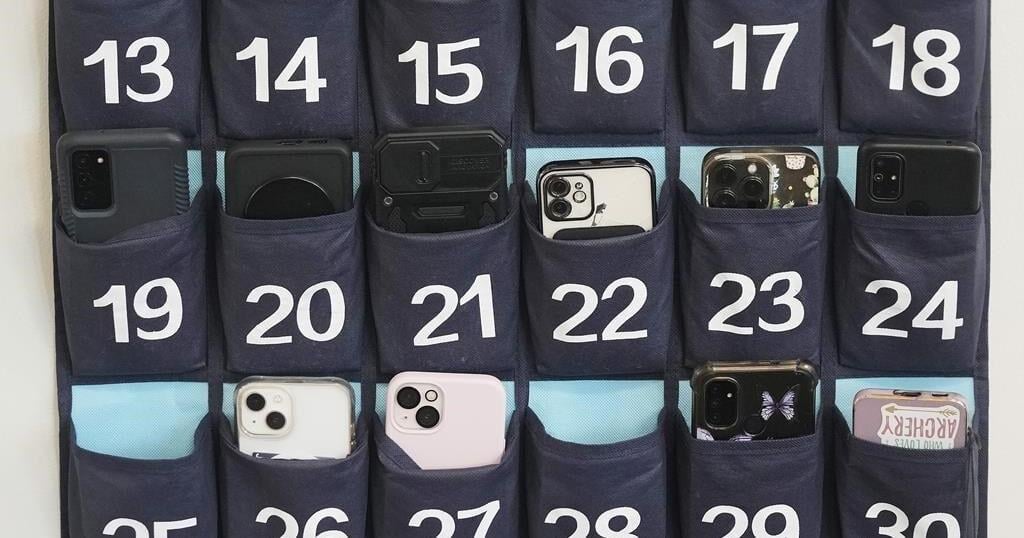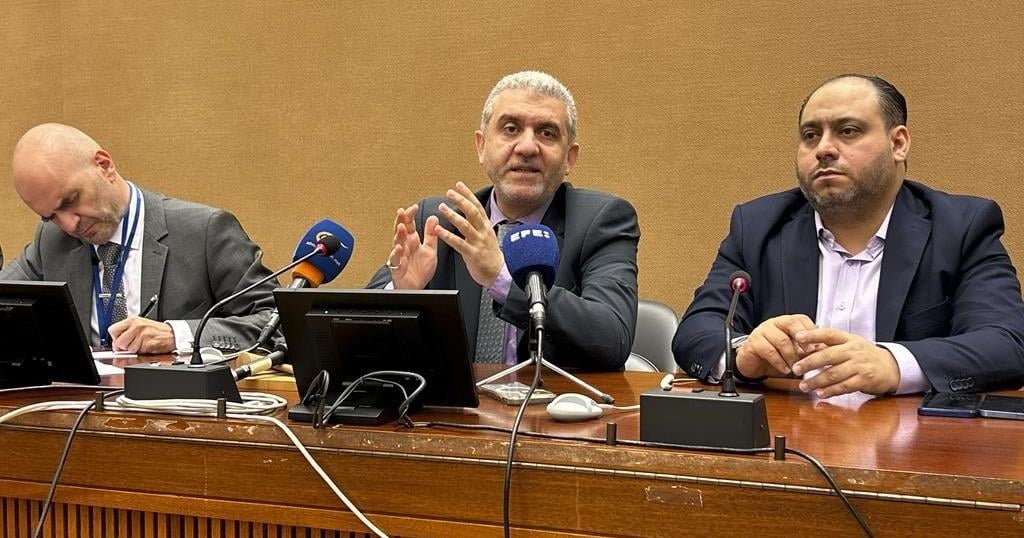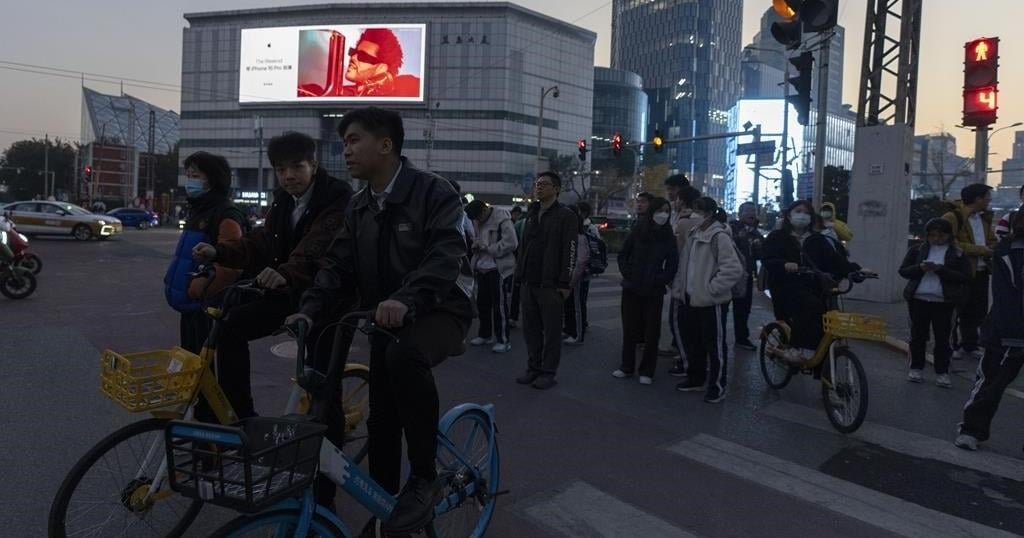From cellphone “hotels” to patchwork policies to recalibrating lesson plans, teachers and schools across Canada are learning to navigate a classroom without cellphones.
But some say that despite recent bans and restrictions on the phones, little has changed.
A number of provinces, including Saskatchewan, Ontario, Manitoba and Alberta, introduced plans to limit cellphone usage beginning this school year. There is a mix of restrictions along with outright bans.
The changes come as educators try to get students to log off and stay focused, noting online squabbles have forced their way into classrooms and social interactions among youth have dwindled.
It’s early days, with policies still being crafted, leading to some schools finding creative ways to curb students’ itchy cellphone fingers.
In Winnipeg, West Kildonan Collegiate introduced its own ban during the last school year, purchasing 50 cellphone caddies off Amazon to put in each classroom.
Each caddy, visible beside the teacher’s desk, contains holders for students to park their phones at the beginning of class and pick it up at the end.
“They allow the teacher the flexibility to say, ‘We’re going to use the phone for research or to take photos,'” said West Kildonan principal Adam Hildebrandt.
The Manitoba ban applies to students in kindergarten to Grade 8. High school students are restricted from using their devices during class time but are free to use them during breaks and at lunch.
There are exemptions for medical or accessibility reasons, as well as for educational purposes in high schools when directed by teachers. It is also up to school divisions to determine where high school students park their phones while in class.
In Alberta, Premier Danielle Smith’s government announced in June that personal devices are to be turned off and stored out of sight during class time starting this month, with school divisions having until the new year to formalize the rules.
There are exceptions for specialized learning or medical needs.
Support Our Students Alberta, a public education advocacy group, calls it a forward-thinking plan implemented in a backward fashion.
“The rollout itself has been more chaotic than it needed to be because the government left it up to the authorities after the fact,” said Wing Li, the group’s communications director.
Li said there should have been better consultation with the people who are actually enforcing the ban.
In Ontario, the cellphone plan is also a work in progress as school boards figure out where students need to store their devices.
Karen Littlewood, president of the Ontario Secondary School Teachers’ Federation, has heard of one instance where a principal purchased all the paper bags at a local dollar store.
“You get a paper bag, you put your cellphone in it, it gets stapled shut and it sits on top of your desk for the period,” she said in an interview.
While inventive, Littlewood said, it’s not a sustainable model.
There are other challenges. While the Ontario government had already put in certain restrictions on cellphones in 2019, new rules set more specific guidelines that are broken down by grade.
Teachers groups say there needs to be more clarity on how the rules should be enforced and more support for educators implementing them.
“We’re going to run into challenges with those inconsistencies … so it remains to be seen how this rolls out in the end,” said Littlewood.
In Saskatchewan, the head of the province’s teachers federation says there are mixed reviews to the ban.
Samantha Becotte said equitable access to technology in the province’s classrooms is already limited and the ban will make things worse.
She said some students had been using their cellphones for tech learning because there weren’t enough computers or tablets to go around.
“Many teachers are having to rework or restructure their lessons and their instruction to ensure that kids are still getting engaging lessons,” said Becotte.
On the positive side, the broad consensus among the provinces is the bans are accepted and are working.
At Winnipeg’s West Kildonan, Hildebrandt said he’s hearing stories of students engaging with each other during free time instead of whipping out their phones and tapping away in isolation. In one case, two students were reading a magazine together. One braided another classmate’s hair.
For some, the change is not even a revolution, but an evolution.
In Saskatchewan, Becotte said a number of the teachers she’s heard from were already restricting cellphone use in their classrooms long before the government came in with a provincewide ban.
The same goes for Manitoba.
Kevin Dueck, principal of Westwood Collegiate in Winnipeg, said the high school had already implemented its own restrictions over the past few years.
“The switch this September to no cellphones in the classroom was a cultural shift,” said Dueck.
“But it wasn’t too far from what we were doing.”
— With files from Steve Lambert in Winnipeg.
This report by The Canadian Press was first published Sept. 24, 2024.

























